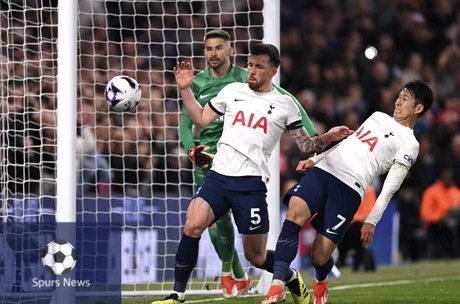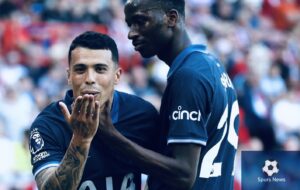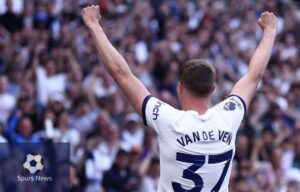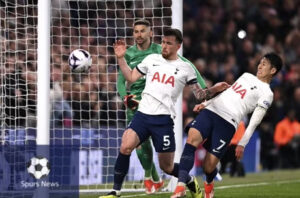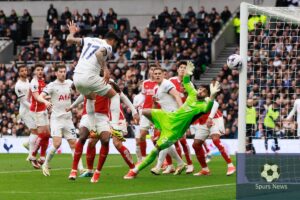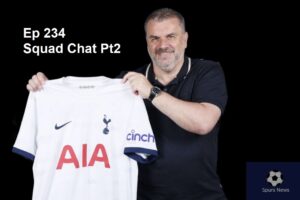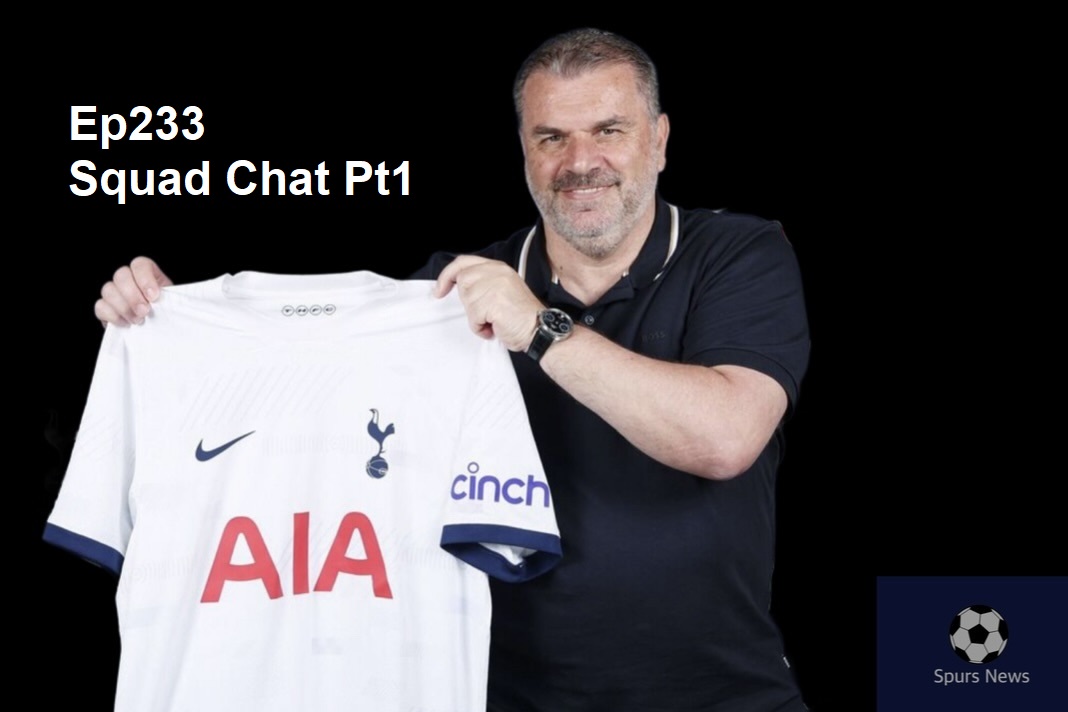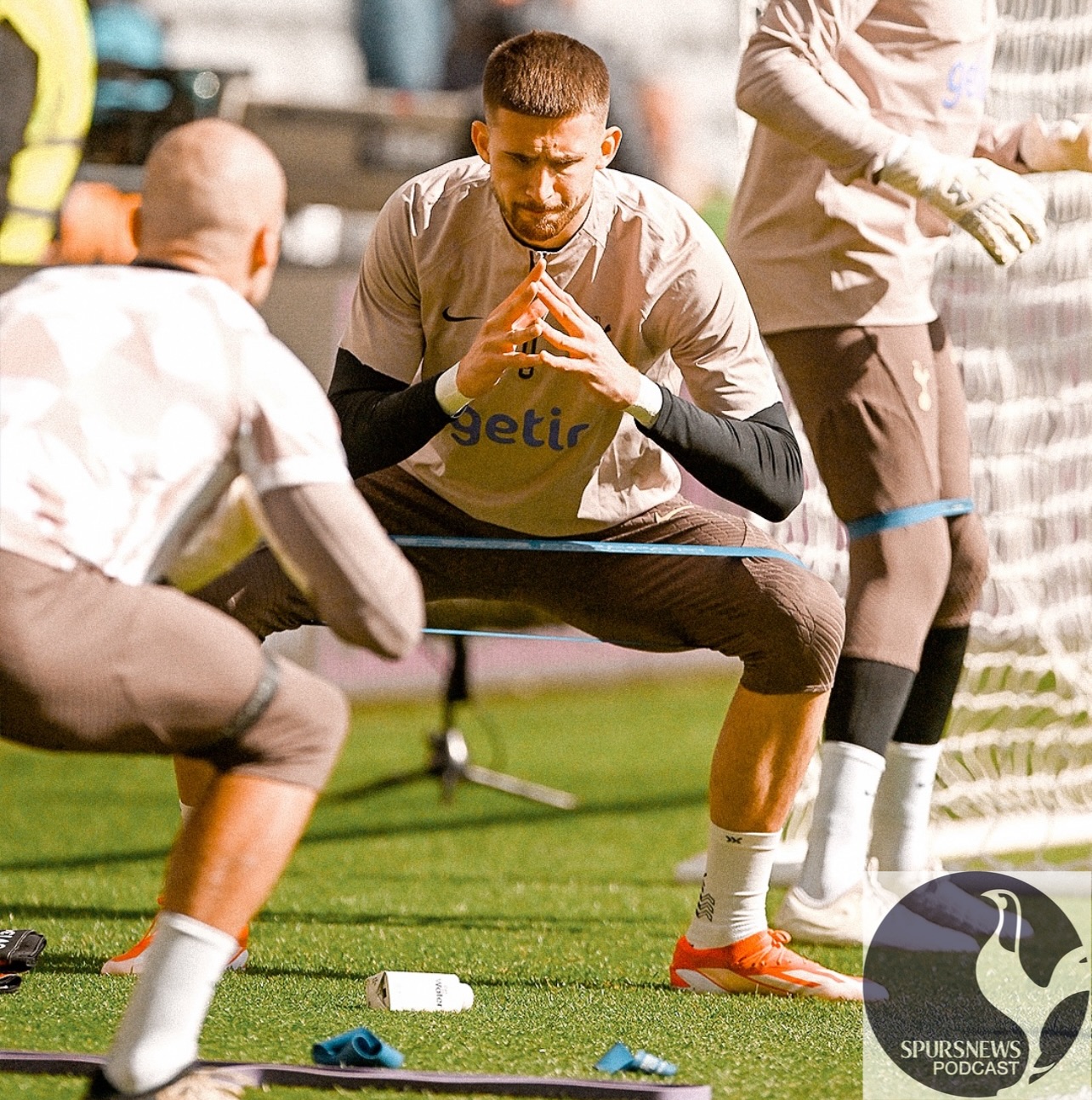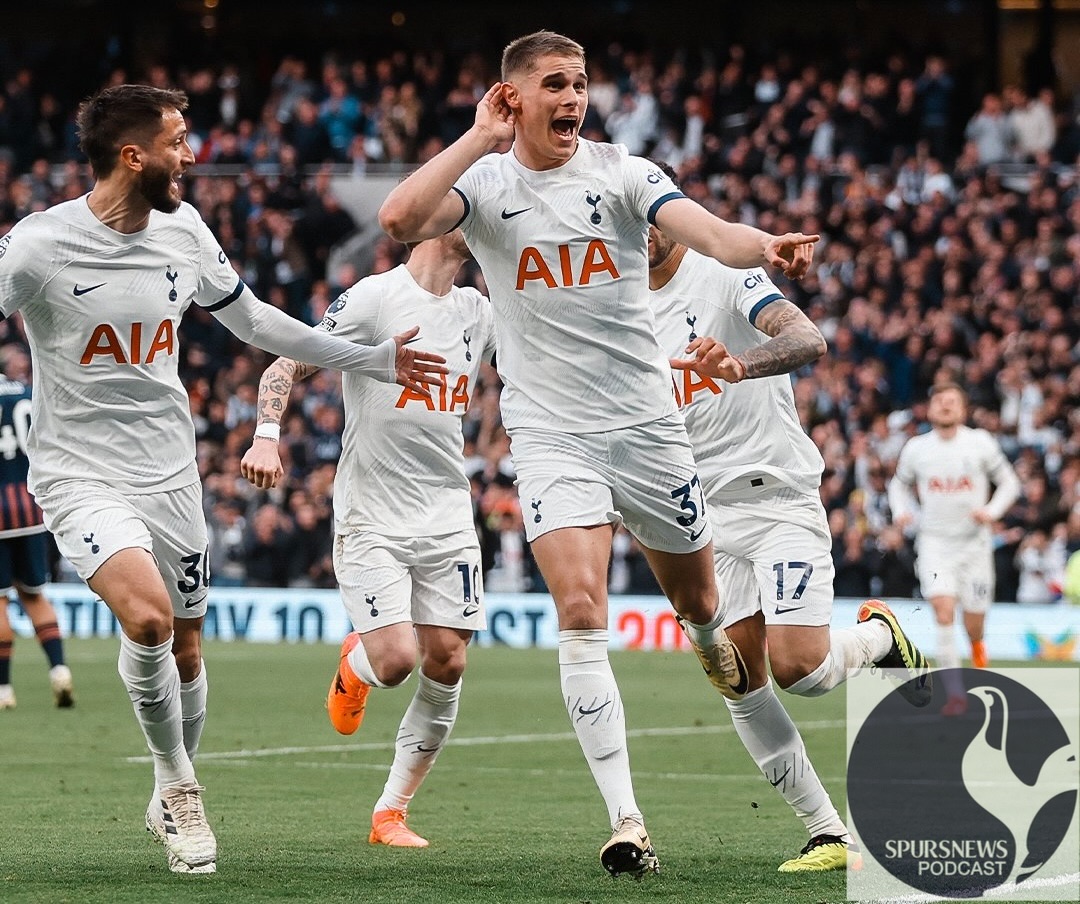Davinson Sanchez already looks at home in the Premier League but his journey to the top has not been straightforward. Nick Wright finds out how, in the space of just a few years, an angry, unruly midfielder in Atletico Nacional’s academy became a £38m Tottenham centre-back.
When Davinson Sanchez arrived at Atletico Nacional in 2012, Felipe Merino knew he had a job on his hands. The 16-year-old came with a personal recommendation from manager Juan Carlos Osorio, but to Merino, the youth coach responsible for Nacional’s U17s, it soon became clear that extracting his talent was not going to be easy.
“It was a difficult time for Davinson, psychologically,” Merino tells Sky Sports. “The boy had been with Colombia’s U17s, who held training camps every month, but it hadn’t gone very well and he hadn’t been called up again. Of course he was happy to be joining a big club like Nacional, but he was also sad and angry about his situation with the national team.”
Merino is speaking a few weeks after Sanchez became the most expensive player in Tottenham’s history, but it was difficult to imagine such a scenario in those early years. In fact, when Sanchez made his move from boyhood club Deportivo Cali to Nacional back in 2012, Merino feared he might not last long in his new surroundings.
“He had certain attitudes he needed to change,” he says. “He wanted to show his talent and to make a difference at Nacional, but this rage he had about the national team made him want to do it all on his own. He put himself above the group and it was difficult for him to integrate. He wasn’t sociable or agreeable towards his team-mates.”
Merino decided to take Sanchez under his wing. “I told him, basically, that his behaviour had to change and that I would help him,” he says. “I explained that we were going to give him lots of information about the right way to behave. I explained that we had already done the same with David Ospina, who is now at Arsenal, and Camilo Zuñiga, who plays for Napoli.
“We had brought lots of very good players through the academy, lots of players who had gone on to have great careers at Nacional and in Europe. I told him we saw the same kind of potential in him and that I believed in him completely.”
Merino made an effort to get to know Sanchez, asking him about his family and his hometown of Caloto and urging him to focus on the opportunity he had been given at Nacional. The youngster responded well to the special attention, but it wasn’t just his attitude that needed to change.
“When Davinson came to us he was quite a disorganised central midfielder,” says Merino. “He had a great attitude for winning the ball, but his aggression was excessive. He was more interested in putting in tackles than using the ball, so we offered him the chance to channel his aggression as a central defender.”
Sanchez accepted the challenge – both in terms of improving his attitude and adapting to the new position. “The first months were about transformation, about learning the concepts of being a central defender,” says Merino. “The boy gave everything he had and took on all the responsibilities we asked of him. He integrated well with the players and everyone at the club.”
Sanchez made rapid progress in his new position, learning to control his emotions and impressing Merino, Osorio and the rest of Nacional’s coaching staff with his desire to improve. “That was a vital period for him because he opened his mind to change in order to get himself on the right track,” says Merino.
“He allowed us to work with him. A lot of boys that age say no to that, they say they don’t want to go to meetings or watch videos, but it was the opposite with Davinson. He was humble, he listened, and soon he returned to the national team as a centre-back.”
Sanchez was fast-tracked at international level, representing Colombia’s U21s at the 2014 Toulon Tournament in France when he was still only 17 years old, but he had to be patient at Nacional. Osorio gave him his senior debut in 2013, but there was plenty of work to do before he became a regular starter. For such an ambitious young player, it was another source of frustration.
“He expected to get into the first-team quicker,” says Merino, who continued to coach Sanchez in Nacional’s U19s and U20s. “He felt he should have gone straight into the first-team squad from the moment he arrived in the U17s, but they were an experienced side who had won titles. He had to wait. That’s another thing we had to teach him.”
Sanchez’s opportunity eventually came under Osorio’s successor, Reinaldo Rueda, who threw the precocious young defender into his team at the start of 2016. Sanchez was paired with Nacional’s experienced captain Alexis Henriquez, a player he idolised, and starred on their way to winning the Copa Libertadores. From the last 16 to the final, Sanchez played every minute.
Sanchez developed defensive and mental qualities alongside his athleticism, and soon there was interest from across the Atlantic, with Barcelona near the top of his list of suitors. “When you think of Barcelona, wow, there’s nothing better,” says Merino. “But Davinson knew he would be going into their B team. He didn’t want to wait again, so he chose Ajax.”
Sanchez found himself in a totally alien environment in Holland, but his experience of embracing new challenges at Nacional served him well. “What surprised me was that he played in the final of the Copa Libertadores, then came to us without any vacation and played after one week,” said Peter Bosz, Ajax’s manager at the time. “He played the whole season. He was never injured.”
Sanchez became a leader for Bosz’s young side and swiftly adapted to their ball-playing, possession-based style. He finished the season with an impressive 89 per cent passing accuracy rate, but he also provided the kind of off-the-ball aggression and no-nonsense defensive no
us they needed. Bosz recently described him as a “monster” without the ball. His team-mates were similarly impressed.
“Davinson is defensively ruthless,” said Sanchez’s centre-back partner Matthijs de Ligt. “I was someone who wanted to solve every problem in a footballing way, by picking out someone in my own penalty area, but I try to avoid that now. Sometimes you just need to kick it into the stands. Davinson understood that perfectly.”
Ajax’s season ended in disappointment as they missed out on the Eredivisie title and lost to Manchester United in the Europa League final, but Sanchez had made his mark. Rumours of Barcelona’s interest resurfaced and there were also links with Real Madrid and Chelsea, but it was Tottenham who made the first move. After protracted negotiations, Ajax reluctantly agreed to let him go.
Maurico Pochettino felt Sanchez’s speed and aggression made him a perfect fit for Tottenham’s high defensive line, but he was even more impressed by the manner in which he had adapted to life at Ajax. “That is what caught our attention about him,” said Pochettino. “From the beginning at Ajax, he showed his quality and personality.”
t has been the same story at Spurs. Sanchez has been an instant hit in the heart of Pochettino’s back three, showing his usual tenacity and aggression and providing a platform for Jan Vertonghen and Toby Alderweireld to build from the back. The £38m fee may seem steep given Sanchez’s relative inexperience, but Pochettino insists he can become one of the best centre-backs in the world.
To those who once knew him as a wayward and frustrated midfielder, Sanchez’s remarkable progress is a source of pride. “I’m proud of him, not just because of his ability but because he talks very well now,” says Merino. “He speaks with arguments, with information. He’s intelligent and he’s a leader. He has an excellent attitude and he has obviously shown that at important moments.”
Merino departed Atletico Nacional for MLS side FC Dallas back in 2014, but, like Osorio and Rueda, he remains one of the most important figures in Sanchez’s development. When a happy coincidence brought them together again in March of last year, Sanchez made sure he knew it.
“Colombia’s U23s came to Dallas to play the United States at our stadium,” says Merino. “Davinson was in their team, and being Colombian, I went to welcome them and take them to their hotel. They were here for two or three days. I went to their training sessions and I spoke to Davinson a lot.
“On the day before the game, he asked to speak to me alone. He wanted to say thank you for helping him at a time when he was having difficulties and his future wasn’t clear. It was a lovely moment. I told him I was just doing my job, but I was very grateful. Not many players would have done that.”
Merino will watch the next chapter of Sanchez’s career from afar, but he is in no doubt that the future is bright. “He has achieved a lot in a very short time,” he says. “He is a mature, emotionally stable guy who has tremendous personality and self-belief. He has already shown he can play in cup finals and be a leader under pressure. I know how far Davinson has come, and I am absolutely sure he is ready to take on the next challenge.”
(Sky Sports)





